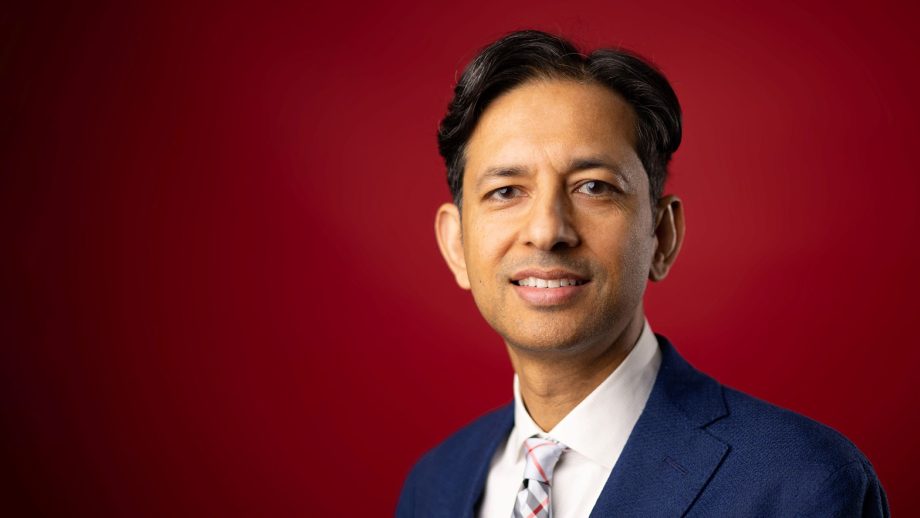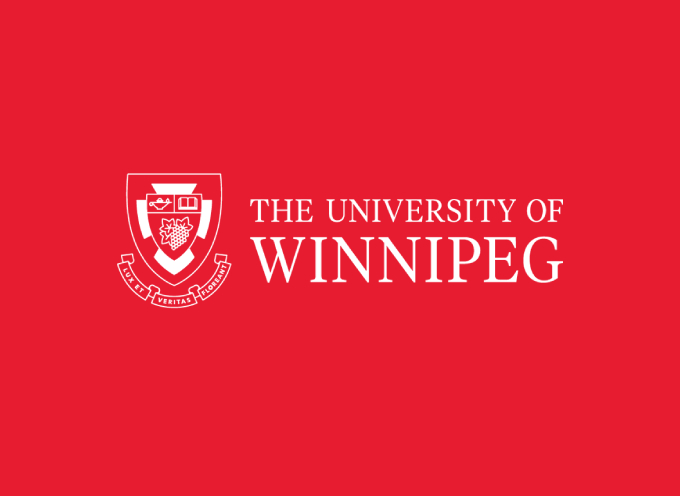WINNIPEG, MB –The University of Winnipeg’s Board of Regents this evening approved an Operating Budget of $116 million for the 2013-2014 fiscal year. The budget reflects funding priorities to actualize Phase Two of key objectives articulated by President and Vice-Chancellor Dr. Lloyd Axworthy in his State of the University address in September 2012. The key areas of the University’s renewal strategy are:
- Building on our academic strengths by investing in academic development including an increased focus on digital and on-line learning, experiential and co-operative opportunities for students and increased faculty support to enhance innovative teaching and research.
- Improving and integrating our student services to further enhance UWinnipeg’s reputation for providing an exceptional student-oriented education experience.
- Reorganizing administrative structures to achieve operational efficiencies and realize cost-savings.
- Fostering an entrepreneurial approach to resourcing all educational, research and community development activities.
Several initiatives were undertaken this past year to operationalize each of these objectives which will continue to guide institutional priorities for the coming year. The University will continue to strengthen its life-long quality educational experience from its early-years Community Learning activities, through its high school Collegiate on campus, its undergraduate and graduate programs, as well as its Professional, Applied and Continuing Education (PACE), and English Language Programs.
“The University has had a successful year in advancing its academic mission,” said Axworthy. “We have improved our services and educational offerings for students while facing increased financial pressures. We have focused on reducing administrative costs and are attracting new revenues through private sector and innovative partnerships, the commercialization of research, and assertive fundraising. We need to continue our creative and entrepreneurial approach to program delivery and increasing revenues. That remains an important focus for us in the coming year.”
Established last fall, the President’s Task Force on Academic Development is primarily focused on two areas: anticipating and responding to the revolution taking place in on-line learning; and gender equity in faculty ranks. The Task Force is finalizing reports and will recommended courses of action in the fall. UWinnipeg is committed to fundraising for the Future Fund to support academic research, with a goal of raising $15 million. Launched in fall 2012, the Future Fund has attracted more than $ 1 million to date. The University’s Friends and Family Campaign, launched this past spring, has raised close to $500,000. The Opportunity Fund, which provides fast-track bursaries to support refugee, Indigenous and students in financial need, is also funded by private donors. Since its inception in 2007, almost $ 3 million has been raised and more than 1,100 students have received these special bursaries.
OPERATING BUDGET 2013-214
The operating budget includes a 1.6% tuition increase for domestic students, as mandated by the provincial government, which amounts to $29 more annually for the average student. Tuition fees in Manitoba remain approximately 36% below the national average.
This year’s budget enhances UWinnipeg’s academic strength with 19 new faculty hires and a $200,000 fund to support academic innovation. The student experience will be strengthened through a critically needed investment in campus information technology infrastructure. A $5.00 per credit hour IT student fee will allow for improved wireless access for students and mobile charging stations on campus, more on-line course offerings and necessary back-up systems. Including tuition and modest fee increases, an average UWinnipeg domestic student in 2013-2014 will pay $140 more annually than last year.
The 2013-2014 budget assumes stable enrollment growth for domestic students and a growth of 5% for international students. To better reflect the actual cost of course delivery, international students will see an increase of 5% in their tuition fees.
The provincial government provides approximately 50% of the University’s operating revenues through a grant. Undergraduate and graduate student tuition and fees provide approximately 28% of the University’s operating revenues. Several years ago the province committed to providing UWinnipeg and other Manitoba universities with a 5% increase in annual grants for three consecutive years. This March, UWinnipeg administration was informed the expected increase would be cut in half to 2.5%.
As a result, UWinnipeg had to achieve an additional $1.5 million dollar in savings for the coming year, above and beyond an already tight budget situation which has trimmed $1.5 million from operating expenses recently.
The University also continues to deal with the impact of a significantly increased pension expense for its now closed Defined Benefit Plan resulting from changes to actuarial assumptions and the economic downturn of 2008. The University is budgeting a deficit of $2 million for 2013-2014 related to the increased pension expense, down from $3 million in 2012-2013.
UWinnipeg’s cost-saving initiatives maintain academic integrity while preserving the high quality student experience.
Savings have been achieved by:
- Aggressive vacancy management is continued for savings of $3.5 million this year.
- Decreased administrative budgets as the result of restructuring for a savings of $400,000 annually; salaries for the senior executive team are frozen for the third time in recent years.
- A comprehensive energy retrofit for a decreased utilities budget saving $180,000 annually.
- Establishing a new United Centre for Theological Studies to be co-located with Global College at 520 Portage Avenue, creating a hub of inter-denominational, interfaith and cross-cultural programming and activity while at the same time achieving administrative efficiencies.
BUDGET HIGHLIGHTS
- Faculty: Strengthening academic units by committing to hiring 12 new faculty members, and 7 term instructors, for a total of 19 new hires. An additional 10 sessional instructors will be converted to permanent faculty. This is in addition to 53 faculty positions approved in the previous two operating budgets.
- Innovation: An investment of more than $200,000 to support initiatives such as digital learning, academic partnerships, joint programs, co-op and internship opportunities.
- Career help: Hiring of four recent UWinnipeg grads to deliver the Graduate Opportunities (GO) program, aimed at helping new grads link to career opportunities.
- Business shift: International business students will shift to a higher course fee structure at $1,384 per 3 credit hours, which remains among the lowest in Canada.* The International Student Scholarships and Bursaries program will be strengthened by $25,000 to help individual students in need transition to the new fee structure.
*By comparison, international business students pay $1,442.61 at the University of Manitoba and $1,954.35 at the University of Regina for 3 credit hours.
NOTE: UWinnipeg’s building projects are funded from the Capital Budget, which is separate and distinct from the Operating Budget. New buildings on campus are possible only because of generous donors and assertive private fundraising which has attracted $180 million in funding for our campus and community projects since 2007.
2013-2014 Operating Budget Frequently Asked Questions
Read Dr. Axworthy’s 2012 State of the University Address
MEDIA CONTACT
Diane Poulin, Communications Officer, The University of Winnipeg
P: 204.988.7135, E: d.poulin@uwinnipeg.ca




